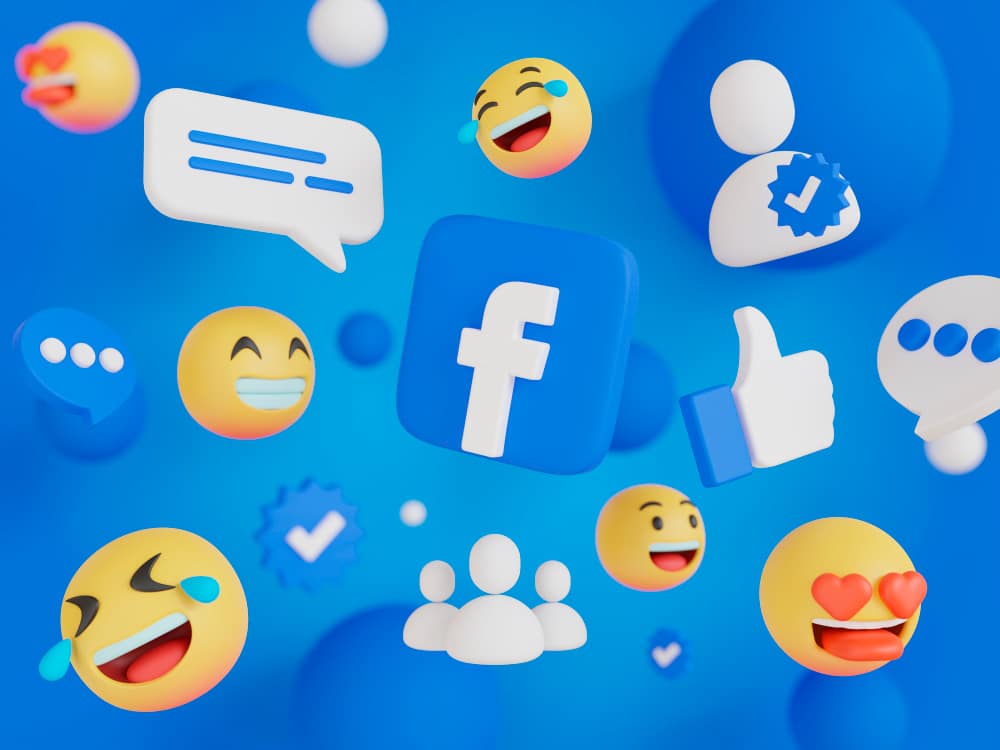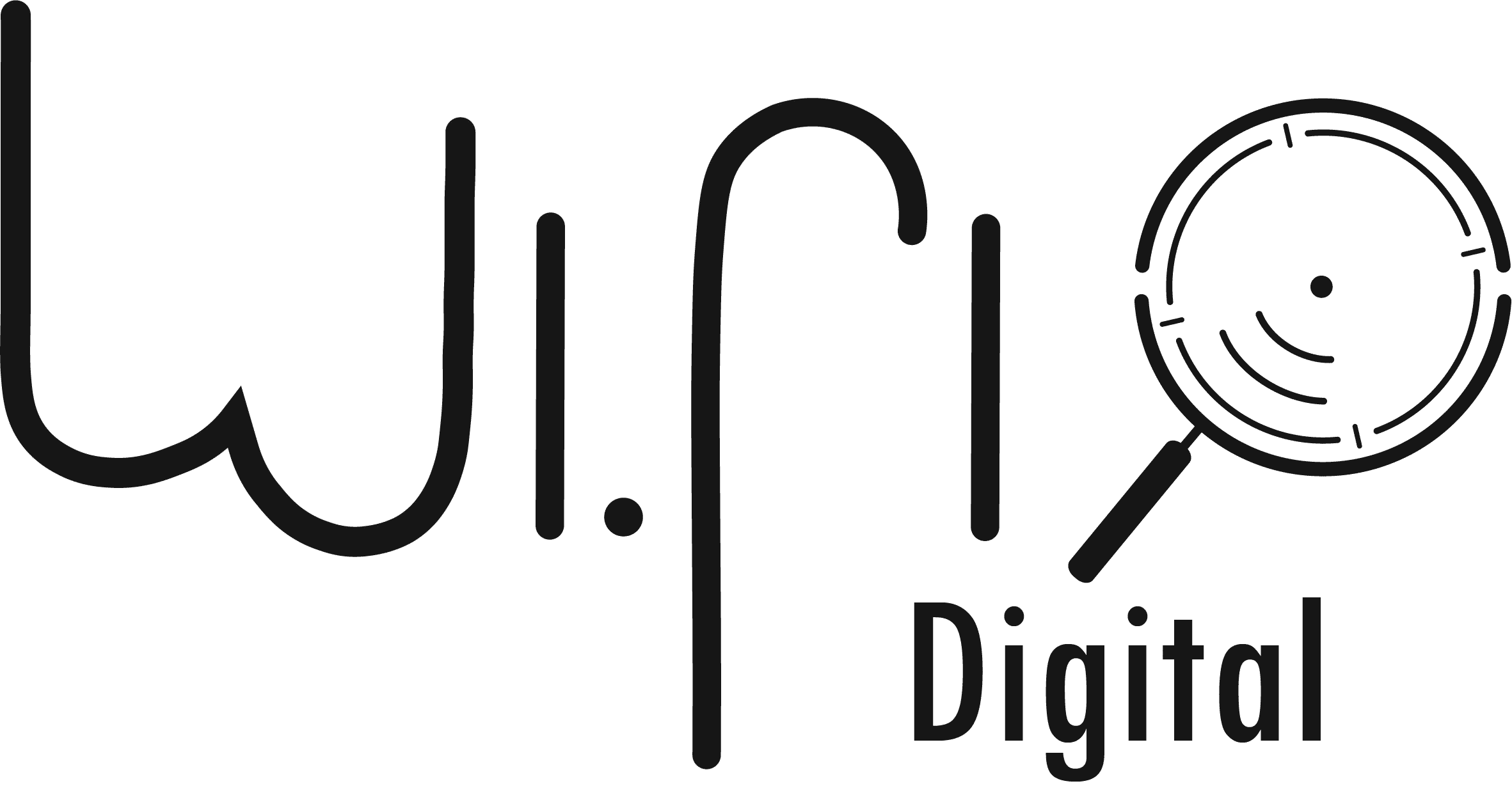Maximize Your Reach with Targeted Campaigns
Facebook Ads

Facebook Ads
How Facebook Ads Works
The Facebook Ads platform is one of the most important today when it comes to achieving quick results in digital marketing. However, to use it effectively, it’s essential to understand how it started and how this platform provides beneficial results for your business.
With basic knowledge, you can gain more confidence in the platform and improve your advertising strategies. After all, understanding the platform is always beneficial. Let’s break it down.
How It All Began
Mark Zuckerberg studied at Harvard in Massachusetts, USA, where he began creating test platforms in smaller versions than what we know today. In 2004, Facebook had banners appearing on its main page, called “Flyers” at the time.
The costs were also much lower, ranging from $10 to $40 per day, aimed at local businesses and university students. These were typically ads for events, like parties on the Harvard campus. After Flyers, Zuckerberg created Flyer Pro.
The second attempt resembled what we see today, where advertisers bid for ads based on their available budget. Additionally, it allowed for better audience targeting, making everything much more customizable and complete.
In 2005, the platform took a major leap with the arrival of Kevin Colleran, who created Party Poker, a subscription-based ad system. This new business brought in around $60,000 per month for the social network.
Colleran later partnered with major brands like Apple and Victoria’s Secret, which began advertising monthly on Facebook. It was in 2005 that Facebook’s advertising platform took off and has been growing ever since.
The following years saw Facebook expanding beyond Harvard’s campus and into other regions. During this expansion, Microsoft became Facebook’s major partner, providing banner ads and sponsored links for the platform.
Between 2006 and 2007, Facebook also created its marketplace page, which still exists today. In 2008, Facebook Pages was launched, a platform for businesses to also use Facebook as a way to advertise and create more appropriate strategies. This was the first step toward what we have today.
By 2010, the Facebook team improved ad creation, allowing customers to filter better based on demographic profiles. This made it possible for businesses worldwide to use the platform, customizing where these ads would appear.
How Facebook Ads Works Today
Over the years, Facebook Ads has grown exponentially, creating a more straightforward and efficient platform for businesses to understand their audience and create more direct and eye-catching ads. The algorithms for audience identification, as well as filtering options to customize ads, have undergone major improvements.
Today, Facebook Ads has become an interesting platform for creating sponsored links. However, it works a bit differently from Google Ads. Among all the advertising platforms, Facebook is undoubtedly the one that delivers the quickest return.
Still, this doesn’t mean ads should be created without any planning. Today, Facebook ads come in different formats, not just one form of advertisement. Some available options include:
- Promoting your page
- Promoting your posts
- Creating actions for clicks on customized links
- Promoting your own website
To do this, Facebook offers demographic and location data to ensure your reach targets the right audience for your business. After all, it wouldn’t make sense to advertise crochet to people who are fans of American football. This is why the platform has evolved significantly to provide better results for businesses.
In 2016, Facebook was the most awarded social network by marketing professionals worldwide, with a 95.8% approval rating for the best ROI (results). Following it was Twitter. As a result, Facebook Ads has become one of the most important strategies in digital marketing.
IWO Digital offers complete support and management for your Facebook ads, carefully and simply explaining all the stages. Just like Google Ads, Facebook also has a platform prepared for businesses called Facebook Business. On this platform, in addition to ad results, you can create ads in the best way possible, aiming to reach the ideal group of users.
Following a similar model to Google, you pay per click, allowing you to scale your budget and invest based on what is possible at the moment.
Feature
- Target specific demographics and locations
- Multiple ad formats, including post promotion, page promotion, and more
- Scalable budget with pay-per-click options
- Quick return on investment (ROI) compared to other platforms
- Ideal for businesses of all sizes with customizable targeting options
WiFi Digital © Copyright 2025 All Rights Reserved.


